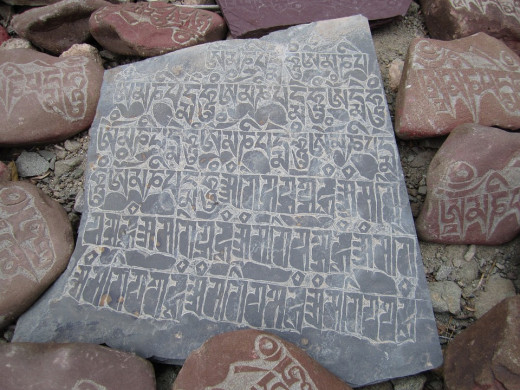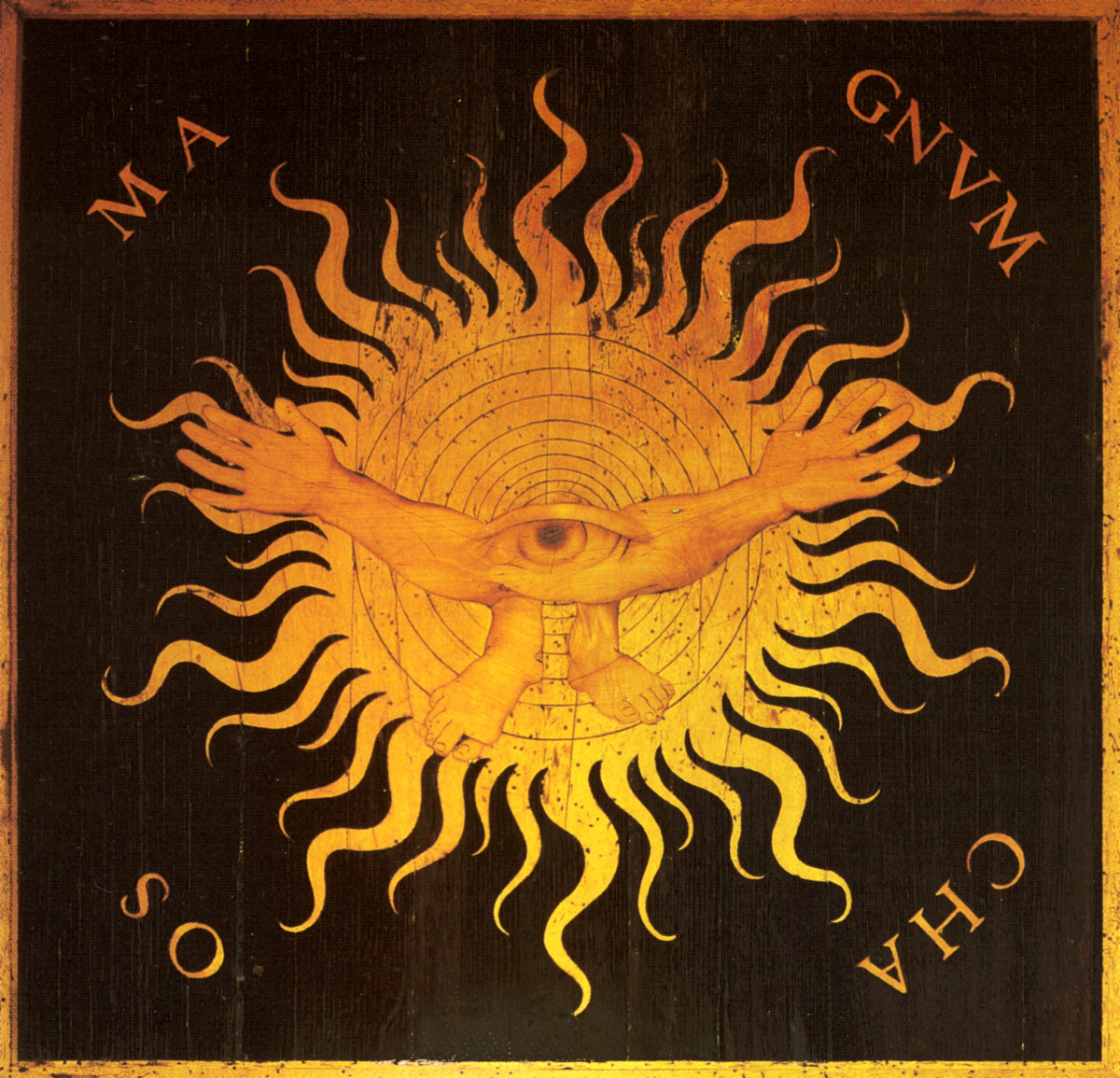Of Philology and Days of The Week
Sanskrit Language

Philology
Has nowadays been replaced by linguistics, history, and culture. However, long ago -- for thousands of years in fact -- philology was in charge of answering historical, linguistics, cultural, and even some philosophical questions.
Monday / Lunes
A poignant point: this is the only day of the week that shares the same name in both English and Spanish. "Lunes," from Latin, where English gets the words lunar and lunatic, both make reference to the Moon, the Germanic word (English is a Germanic Language...) for Earth's Satellite-- hence the word "Monday." A philologist might say that our dislike of Monday is equally shared by both aforementioned languages (smile).
Tuesday / Martes
This day of the week is a totally different ball game. And, it shows you how the Spanish, being an offshoot of the Roman Peoples, named this day of the week after the Roman God of War, "Mars," known in Spanish as "Martes." The Anglo-Saxons are a Northern European Peoples, and as such, have influences from the Norse Race aka Vikings. "Tuesday" derives its name from the Norse God, "Tiwesdaeg" aka "Tiw's Day." In Viking Mythology, he's the god of law and justice. Similar and dissimilar to Mars, but a powerful god in Viking Mythology nonetheless.
Wednesday / Miercoles
What would Hollywood do without the composer Richard Wagner and J. R. R. Tolkien? Let's hope they never have to find out. Wednesday takes its name from the King of all the Norse/Viking Gods, Odin aka Woden aka "Wotan," the name Wagner chose to denote the most important protagonist of his famous musical saga, "The Ring." Old Anglo-Saxon "wodnesdaeg" eventually become "Wednesday." As I previously mentioned, the Anglo-Saxons were influenced by the Vikings, hence them choosing this name to denote the third day of the week. In contrast to the Spaniards, influenced by the Romans, chose "Miercoles" for this day of the week, which denotes the Roman God, "Mercury," who was Jupiter's Son. Side note: Mercury was a powerful Roman God, but not as powerful as Wotan was in the Viking Culture.
Thursday / Jueves
Poignant point: "Jueves" takes its name from the Roman God, "Jupiter," who is Mercury's Father (Wednesday / Miercoles); "Thursday" takes its name from the Viking God, "Thor," who is in fact "Wotan's" son. So a bit of a philology switch there...; nonetheless, it is what it is.... "Thor" is very famous and has made numerous cameos in some recent movies such as "Ragnarok," which was a Hollywood box-office hit. For those of you who've wondered where "Thursday," the fourth day of the week comes from: -- viola! Of course, as I've already explained, the Spanish equivalent is "Jueves," a derivative for the Roman God, "Jupiter."
Friday / Viernes
Well, most men -- god or otherwise -- must have a girlfriend or a wife! "Friday" takes its name after Wotan's Wife, who in turn is Thor's Mother, "Frige" aka "Frigg" aka "Fricka" (in Wagner's "Ring"). She's among the most powerful of the Norse female deities. In contrast to "Viernes," which takes its name from the Roman Goddess of Love, "Venus." "Venus" is a powerful deity in Roman Mythology and "Frige" is a very powerful deity in Norse/Nordic Mythologies.
Saturday / Sabado
This is arguably the most complex day of the week. Many arguments have infused as a result of this 'day of the week'. Anglo-Saxon or not, all of Europe has been influenced by the Romans. However, even though a great deal of English words have Latin Roots, it is more exact to say that they have French Roots -- although French was a Latin vernacular hundreds of years ago, so you might say it's all interchangeable. So, yes, English has Latin, but if you look closely, it's actually French, because of the Norman Rule...bottom line and to reiterate, all of Europe was influenced by the Romans and the Roman's official language was Latin.... "Saturday" takes its name after the Planet, Saturn, which in turn takes its name after the Roman Titan, "Saturn" (aka "Cronus" in Greek Mythology), so that's simple enough. However, in Spanish, "Sabado" is derived from the Latin "Sabbatum" which in turn is the word for "Sabbath." Some religions (mostly of Christian denomination) believe "Saturday" is "Sabbath," instead of "Sunday." Many of these believers might have argued on the side of naming Saturday, "Sabbath" in English. However, as I previously stated on a prior day of the week, 'it is what it is'. Period.
Sunday / Domingo
As I previously mentioned, the Anglo-Saxons are a Germanic Peoples, just like the Germans and Dutch Peoples. "Sunday" may have taken it's name after a Germanic Deity, but its understanding is simple enough, 'day of the sun'. In contrast to Spanish, "Domingo" Latin "Dies Dominica" or "Lord's Day," denoting the day of Christ's Resurrection. So, in Spanish, this day has a strong connotation with the Christian Faith, whereas in English it does not. Suffice it to say that Christians worldwide know the significance of "Sunday," regardless of what you call it or what language you speak. To quote Shakespeare, ..."a rose by any other name"...
Apotheosis
In Summation, philology can still be fun. Researching history, cultures, and languages can be entertaining and intellectually rewarding.








